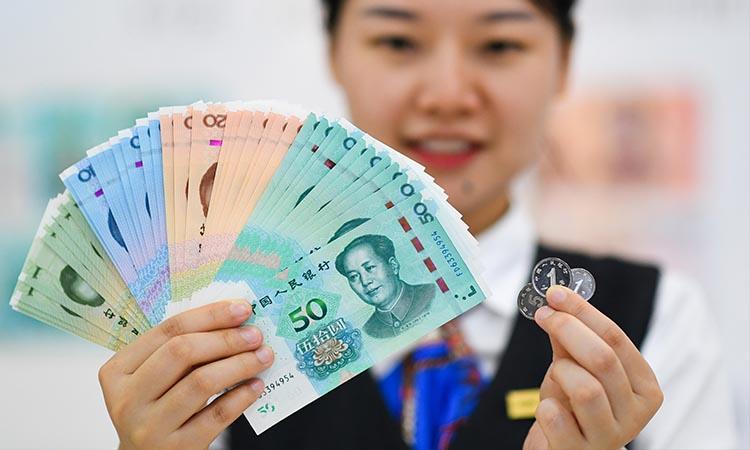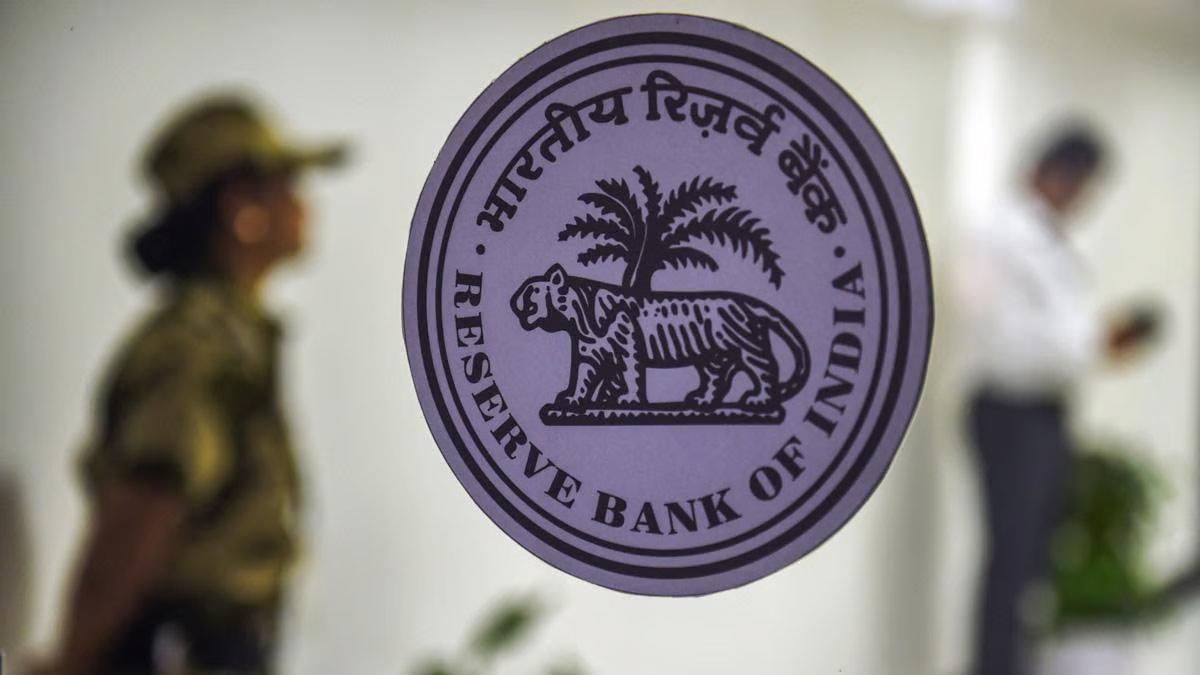Global wealth tripled over the last two decades, with China leading the way and overtaking the US for the top spot worldwide, Bloomberg reported.
A report by McKinsey & Co. that examines the national balance sheets of ten countries representing more than 60 per cent of the world's income.
China accounted for almost one-third of gains in global net worth over the past two decades, the report said.
Also Read | Fuel price relief continues as OMCs keep petrol, diesel prices unchanged on Tuesday
"We are now wealthier than we have ever been," Jan Mischke, a partner at the McKinsey Global Institute in Zurich, said in an interview.
Net worth worldwide rose to $514 trillion in 2020, from $156 trillion in 2000, according to the study.
China accounted for almost one-third of the increase.
Also Read | California average gas prices set new record for 2nd straight day
Its wealth skyrocketed to $120 trillion from a mere $7 trillion in 2000, the year before it joined the World Trade Organization, speeding its economic ascent, the report said.
The US, held back by more muted increases in property prices, saw its net worth more than double over the period, to $90 trillion.
In both countries -- the world's biggest economies -- more than two-thirds of the wealth is held by the richest 10 per cent of households, and their share has been increasing, the report said.
As computed by McKinsey, 68 per cent of global net worth is stored in real estate.
The balance is held in such things as infrastructure, machinery and equipment and, to a much lesser extent, so-called intangibles like intellectual property and patents, it added.


















